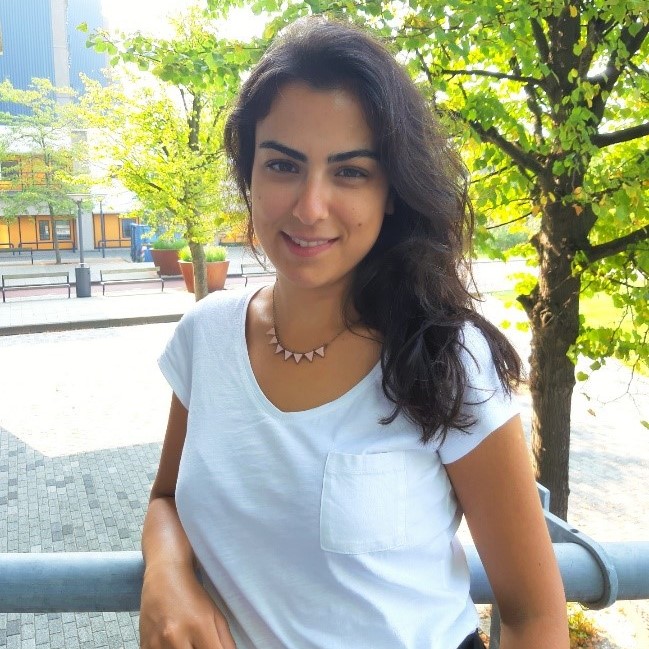My name is Merve Bulut (ESR10) and I am working at Leiden University Medical Center. My PhD project focuses on developing and validating a functional 3D vessel-on-chip platform that is highly representative of capillary and venule networks. Which be next used to model inflammatory responses of healthy and diseased human microvasculature in vitro using human induced pluripotent stem cell (hiPSC)-derived vascular cells. As a part of EUROoC-ITN, a secondment was planned in November 2020 at University of Bern in Prof. Dr. Olivier Guenat’s group for a training in 3D microvascular-on-chip model established in their group. Due to COVID19 restrictions in Europe, the training had to be carried out remotely. The PDMS-based microfluidic chips were kindly provided by Guenat’s group and shipped to us. The training for the microfluidic chip fabrication and 3D cell culture was successfully completed via video calls. During this period, the 3D cell culture protocol was slightly modified and optimized for hiPSC- derived vascular cells. Finally, we successfully established a perfusable 3D microvasculature network using hiPSC-derived endothelial cells together with hiPSC-derived vascular smooth muscle cells embedded in a fibrin gel. Using fluorescently tagged hiPSC lines, we could track cell-cell interaction and network development over time. The interconnected microvasculature network was stable at least for 10 days. At the end of this period, we concluded that the microvasculature model is very valuable to be integrated into our projects and be used for disease modelling. I am very grateful for the opportunity to collaborate with Guenat`s group. I would like to send special thanks to Dr. Sohelia Zeinali for the remote training and helpful discussions. Despite not being able to visit the lab in Bern and meet the group members in person, it was a very fruitful experience. We are looking forward to continuing our collaboration in this project!
ESR10 – Secondment in Bern


